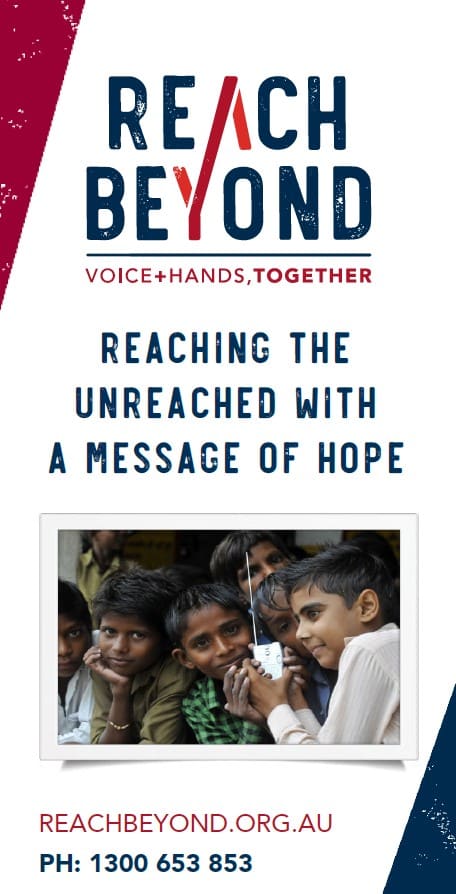
Jenan Taylor
Update
19 June 2024
The Department of Home Affairs has said it has not made any cuts to status resolution support services payments.
A spokesperson said the SRSS was a demand-driven program and funding aligned to recipient numbers.
29 May 2024
Faith-based charities say denying asylum seekers better financial support is leading to worsening health problems and the risk of escalated crime in the community.
The federal government provides status resolution support services payments to help people seeking asylum, who have no other form of income, meet basic living costs.
But Christian crisis organisations including the Brigidine Asylum Seekers Project are supporting growing numbers of asylum seekers because the payments are being made available to fewer people.
They said it led to more asylum seekers being plunged into destitution and deep distress.
It comes as refugee and asylum seeker advocacy groups criticised the Australian government for cutting funds to the SRSS program in the recent federal budget.
The Asylum Seeker Resource Centre and Refugee Council of Australia said the government had slashed the program by more than half, while allocating $604 million to off-shore processing policy.
They said government funding on the SRSS program shrank from $300 million to $16.4 million in the last nine years.
Read more: We can bless refugees if we act together as Anglicans
The ASRC said there were 88,500 people seeking asylum in Australia but only a small number could access support services because of continuing funding cuts and tough eligibility criteria.
Little more than 1500 people were being supported through the program at December 2023, according to Department of Home Affairs data.
BASP project coordinator Sister Brigid Arthur said rather than contributing to community cohesion the government’s cuts were building a problem for Australia.
Sister Arthur said without some minimum payment many were sleeping rough, had no money for food or for absolute basics and were becoming destitute.
She said some were so desperate there was a risk they could turn to crime to get by, and the lack of a safety net also placed many at a high risk of suicide.
Sister Arthur said her organisation used community donations to help the refugees pay rent and utilities bills, but it couldn’t take on everyone. Often it ran out of food because of the added numbers in need.
Salvation Army Asylum Seeker and Refugee Service manager Major Karen Elkington said the organisation had noticed increased homelessness and mental stress among the people it supported.
She said it was becoming all too common for the group’s workers to find themselves trying to console those who had attempted suicide.
Major Elkington said the charity did what it could, but was unequipped to help people with the complex mental health challenges they faced because of their situation.
Read more: Short-term visas add to hardship for Palestinian refugees: Advocates
ASRC chief executive Kon Karapanagiotidis said the demand for crisis support would increase as living costs skyrocketed and the government stepped further away from its responsibilities.
He said it shouldn’t be up to charities to fill the support abyss while asylum seekers waited up to 10 years to have their protection claims processed.
He said people should be treated humanely, and given work and study rights, and Medicare access so they could support their families while they waited.
Sister Arthur said the federal government ought to give asylum seekers a lifeline by providing them an allowance on par with what Australian citizens received.
She said continuing to deny them the help they needed was a blight on Australian society.
“We’re not talking about millions of people. We’re just talking about one relatively small cohort,” Sister Arthur said.
The Home Affairs department has been contacted for comment.
If you or someone you know needs more assistance, please try Lifeline on 13 11 14 or Beyond Blue on 1300 22 4636.
For more faith news, follow The Melbourne Anglican on Facebook, Instagram, or subscribe to our weekly emails.







